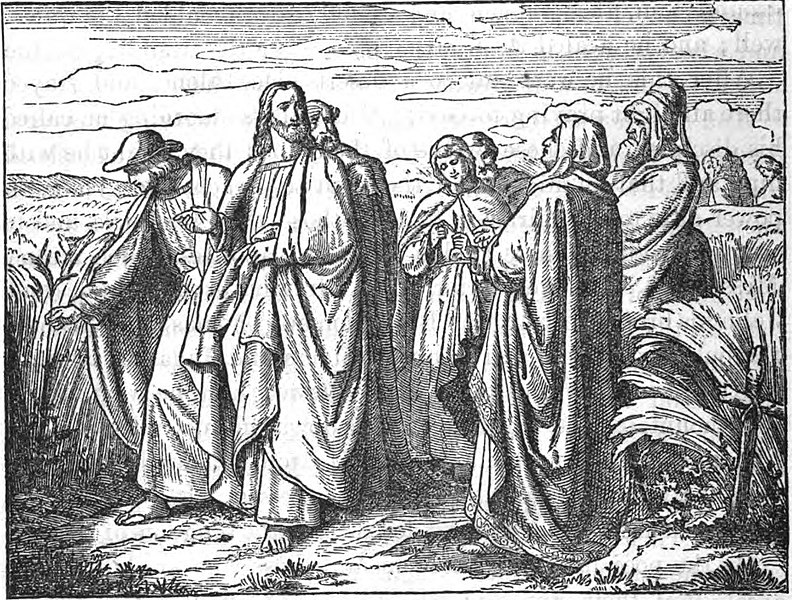
Make a Joyful Noise
In many ways, the fourth Sunday of Easter, Jubilate, is characterized by not only the Church’s further movement away from the immediate events of the Resurrection but also the Church’s movement towards the event that culminates the Paschal season: the Ascension. A sort of halfway point in the Easter season, Jubilate comes to the Church at the end of the third week of Easter and the beginning of the fourth. This first half and second half of forty days of Easter can be divided into a “look back” towards the tomb and a “look forward” towards heaven, with Jubilate marking a transition between the two.
At this point in the Paschaltide and through the guidance of the previous Sundays of Easter, Quasimodogeniti, and Misericordias Domini, the Church has been reminded of the Lord’s resurrection, the Lord’s appearance to his disciples, and the comfort the Lord gives us through his shepherding of us, his sheep. However, these peaceful and joyful messages are not just meant to be about the emotional, warm, fuzzy feelings that the Easter season imparts. The messages also are meant to slowly inch closer towards a practical application of the Resurrection message and a realistic view of what a post-Easter world looks like.
Both the newly baptized and catechized, as well as the rest of Christnedom, at this point have experienced Jesus’ miracles and mysteries firsthand. We have been encouraged, through the high points of the Easter season, to look to Him as the King of Kings and Lord of Lords, the prevailer over sin, death, and the devil. Even so, the Church makes it clear on Jubilate Sunday that any blinders that have been donned must be gently discarded.
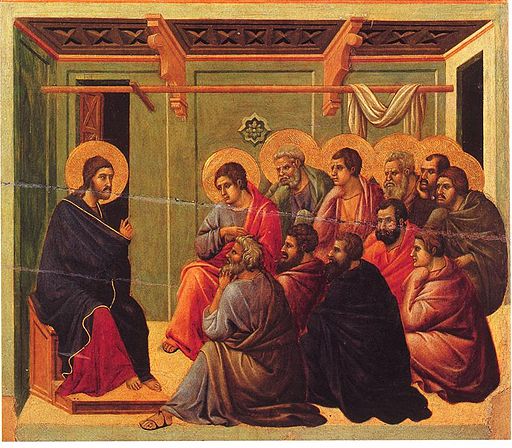
While the Easter season brings a firm confidence in the work Jesus has done for us, we also know that our time on this earth is not over yet. We still must stand firm in the faith and trust in God’s promises (even through our experience of life’s difficulty), relying upon a freshly renewed perspective that is full of the joys this season brings. While we are not necessarily supposed to be back to thinking about the world through the harsh lens that the Lenten season encourages, Jubilate nevertheless reminds Christians to also be practical about the work that it takes to live a Christian life. We can only get through the trials and tribulations that we surely face by looking to the future and towards Christ’s ascension in order to truly discover what He intends for us during the rest of our earthly journey.
It is this theme that connects with the original Latin name for this day, Jubilate, or “Rejoice!” that comes from the historic introit, “Make a joyful noise unto God, all ye lands; sing forth the honor of His name; make His praise glorious…”. This sentiment is also mirrored in the Gospel lesson: news of impending separation quickly turns into joy, the type of joy that is eternal and never-failing. The type of joy that is only experienced in the post-Easter season.
When Jesus tells his disciples, “A little while and you will see me no more, because I go to the Father,” the Church only leans harder into the joy of the season. It is not that Jesus is telling his Church that He will no longer be with Her, it is that he instead is reminding Her that this place is not Her home. The epistle lesson for the day, “I beseech you as aliens and exiles…” mimics this language.
Thus, starting with Jubilate, the rest of the Sundays that lie in the second half of the Easter season act as a slow climb towards the peak of the Ascension. They seek to communicate the promise that one day, we too will rise with Jesus and reach our heavenly home. Falling halfway through the season, Jubilate is meant to give Christians a bit bigger taste of the growing joy of the Easter season. This joy only grows more and more exponentially each coming Sunday, finally reaching its peak at the end of the 40 days. Jubilate marks just one more step that Christians take on this journey, reminding the Church of her earthly pilgrimage.
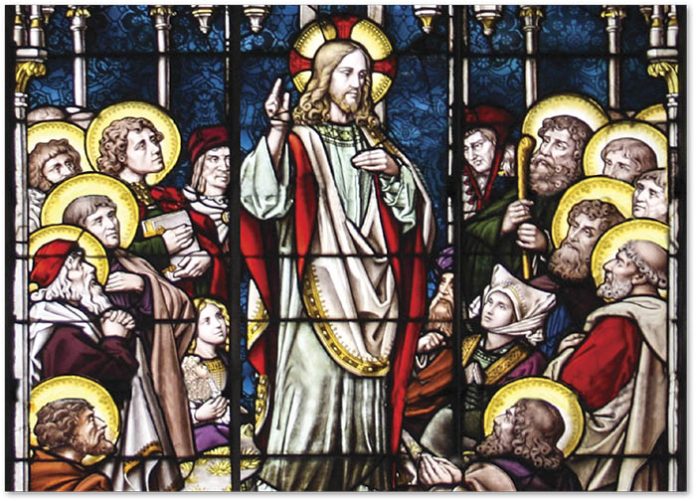
A Brief History
Jubilate is a very “Lutheran” Sunday in the sense that it has always encouraged the Church to take a practical approach to the celebration of the Easter season. Thoroughly attacking some of the worst fallacies of Christianity, Jubilate speaks to the Church a very clear message that just because Christ is risen doesn’t mean that life should be perfectly happy. It provides an answer to all the awful platitudes we’ve all heard thrown around like “God has a plan,” “He never gives you more than you can handle,” or “Let go and let God.”
Instead, Jubilate Sunday offers the Church a very honest perspective on what post-Easter life looks like and what it means to know that Jesus lives but also know that we are not yet to the point where we get to experience eternal life with him. As a Sunday, it reminds us that while we are overjoyed with Christ’s resurrection, we still must make our way through our earthly pilgrimage and wait for the full realization of God’s Easter promise. It does the hard work of holding both realities in the same hand and, in the process, makes Christians think critically about their position in the world. As Lutherans, you probably know that this sort of attitude regarding the Christian faith is pretty unique in the world of Christianity and not one that everyone shares.
It is for this reason that Jubilate is still very important to the Lutheran observation of the Church’s historic lectionary and why this Sunday stands out as one of the most robust theological contributions to the Easter season’s corpus. In the Catholic church it was restructured during the Second Vatican Council and the adoption of the 3-year lectionary that took over not only that domination but much of the rest of the Christian world, including some of our own Lutheran churches. However, in congregations that still observe the historic lectionary, Jubilate and its themes still stand strong as an important waypoint in not only the Easter season but also the Church Year as a whole, reminding Christians of the complex realities of Easter and the necessity of nuanced perspectives regarding Jesus’ resurrection.
Collect
Almighty God, who showest to them that be in error the light of Thy truth to the intent that they may return into the way of righteousness: grant unto them that are admitted into the fellowship of Christ’s religion that they may avoid those things that are contrary to their profession; and follow all such things as are agreeable to the same; through Jesus Christ, Thy Son, Our Lord, who lives and reigns with You and the Holy Ghost: ever one God, world without end. Amen.
Lessons
Resources
Issues, Etc. interview with Dr. Peter Bender on Jubilate
Propers found in Daily Divine Service Book: A Lutheran Daily Missal, edited by the Rev. Heath Curtis
References:
1. Lindemann, the Rev. Fred H. The Sermon and The Propers, Volume II: Pre-Lent to Pentecost. Concordia Publishing House. 1958.
2. Parsch, Pius. The Church’s Year of Grace: Easter to Pentecost. The Liturgical Press. 1963.
3. Bethlehem Lutheran In Lebanon, Oregon. “Fourth Sunday of Easter (Jubilate).” May 8, 2022.
Images:
1. Jesus and his Disciples from The Story of the Bible from Genesis to Revelation, Unknown, United States of America, 1873.
2. Christ Taking Leave of the Apostles, Duccio di Buoninsegna, Italy, ca. 1308-1311.
3. Jesus Preaching to the Crowds in Church of St. Gomarius of Lier, Antwerp; Unknown; Belgium; Unknown.
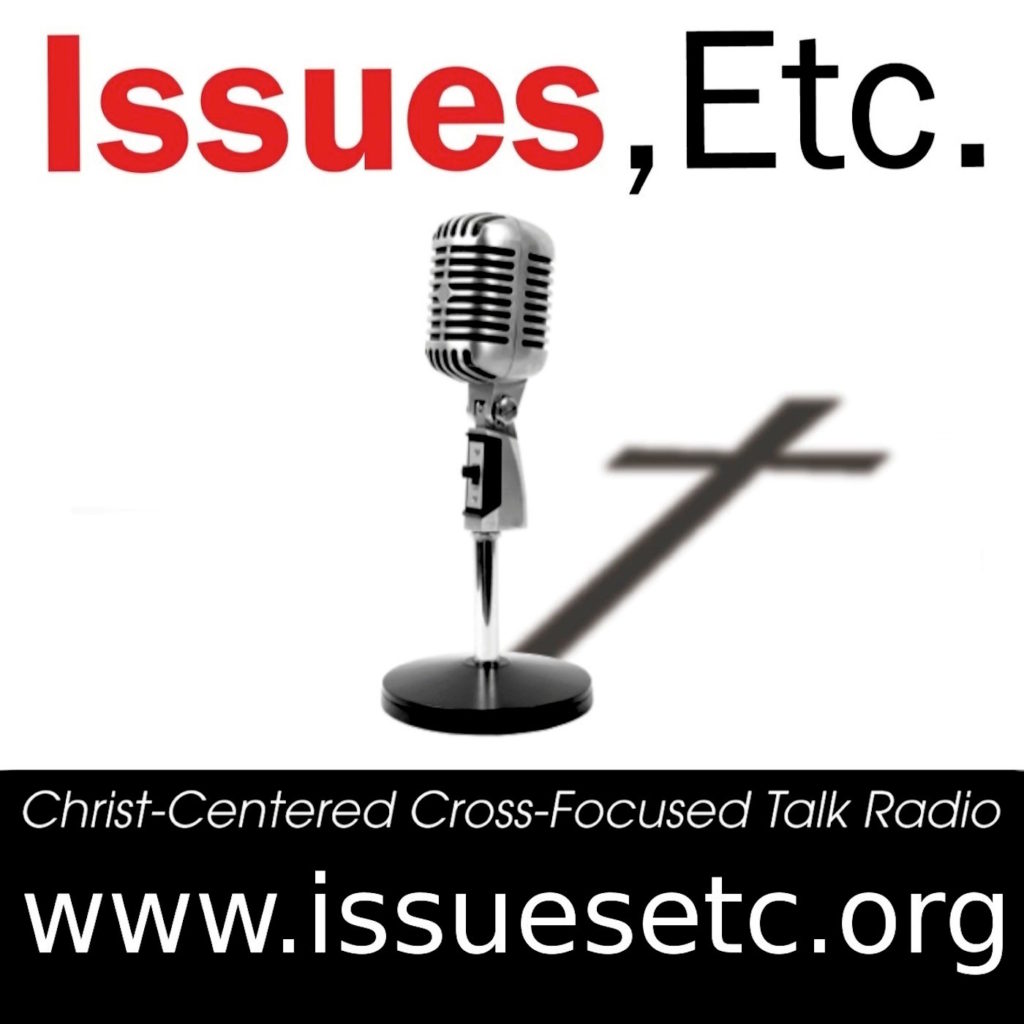
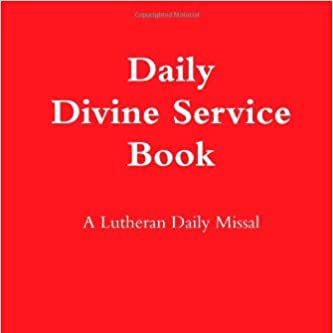


[…] where his works might be incorporated into a Lutheran celebration of the Church Year fits well with Jubilate Sunday, the fourth Sunday of Easter and the Sunday of […]